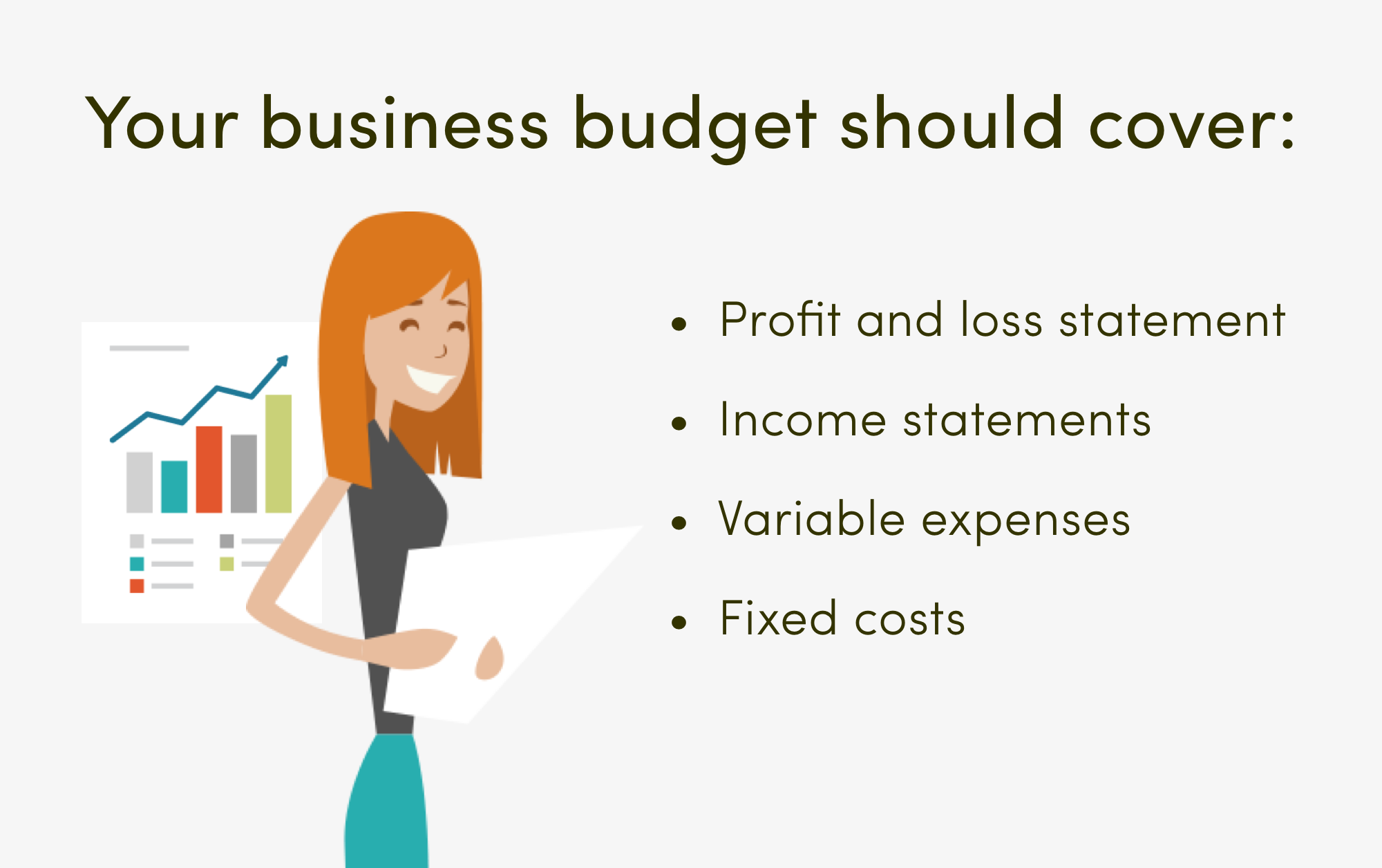Written by: Nick Charveron Nick
As a small business owner, you wear many hats when it comes to running your business. You’re managing employees, working on new concepts and business opportunities, and ultimately making sure your customers are happy! Among these (and many more) important responsibilities is accounting for your small business. Monitoring your business’ finances is arguably one of the most impactful tasks you can have as a business owner, as money can truly make or break your small business’ success.
But accounting effectively is no simple task— especially if finance isn’t your primary background. Successful small business accounting involves a lot of organization and a knack for process. From building profit and loss statements to prepping for tax season, there’s more to accounting than just keeping tabs on your cash flow. We’re diving into ten best practices for successful accounting for small businesses.
Looking for information on a specific small business accounting tip? Use the links below to navigate
Whether tracking numbers is your forte or you’re barely keeping your bank account in the green, organization is key to effective accounting for small business. Small businesses typically have several accounts to keep track of, and things can get messy fast. Minimize the real estate your accounting books occupy by moving to a single repository to manage your business accounts.
Most accounts payable bills (and probably your own invoices) are billed to customers online, which can make tracking accounts payable and receivable easier than the old days of double-entry bookkeeping with pen and paper.
Having a single cloud-based system where you can get an overview of all of your bank accounts and balance sheets— and access them from anywhere is not only the way of the future, but practically a necessity for small businesses. This simple step can save you a ton of time searching your books for specific transactions and even make budgetary decisions easier when you have all of the numbers right in front of you. Successful small business accounting requires accuracy and serious organization— so set yourself (and your business up) for success with the right tools to help you stay on top of your finances.
It’s easy for the lines to blur between what’s yours and what belongs to the business when you’re running your own company. But separating business and personal expenses is essential to managing your finances accurately.
Keeping your personal bank account and business bank account separate can help you keep numbers balanced and also help to ensure you’re compliant with the IRS when you claim tax deductions for your business.

While funding can be limited for small businesses, being prepared for unexpected major costs can be extremely beneficial for the business in the long term. If there’s one lesson all business owners are familiar with, it’s that Murphy’s Law is very real. It seems that once an additional expense is incurred— like a new computer or an equipment fix, there are plenty of other costs that come down the pipeline as well.
Being prepared for these expenses to come up can help you avoid applying for a fast-cash loan, or ending up in credit card debt.
Even if your business is constantly generating new business and satisfying new customers, your hard work may not count for much if you’re letting your clients slide on invoices. Turning your paid invoices into profit is what keeps you business afloat, after all.

No matter what industry you’re in, there are likely a lot of resources and materials that keep your business running. Perhaps you’re in the restaurant industry and have food costs to monitor; or you’re in the property management business and need to keep track of office supplies. Whatever it is that you specialize in, you probably already know the importance of managing your inventory expenses. Keeping a process in place to manage your resources and order new supplies can help you identify areas where you can limit your spending, and maximize your cash flow.
Managing employees is one of the most challenging aspects of business operation— no matter how many people you employ! Keeping tabs on overtime, benefits, and other related costs is important to balancing your books and keeping your business profitable. Small business accounting tip: Hire an HR professional or accountant to manage your payroll and work your way toward more effective employee management.
Creating a budget for your business is one of the most important steps business owners can take to improve their small business accounting and financial standing. What goes into creating a monthly budget for businesses? A solid business budget should include:

Building a budget is challenging enough, let alone making sure you’re following your financial plan. Hiring external small business accounting services is a great way for small business owners to keep track of their accounts, make budgets, and still have the freedom to focus their efforts on other important areas of their business.

Once you’ve developed a budget for your business on your own or with the help of a small business accountant, tracking your daily expenses is a natural progression on your way to small business success. Whether you keep a record manually or through an accounting software system, being aware of your company’s spending down to the dime will help you make adjustments to your budget, maximize your cash flow, and forecast your future profits.
There are plenty of resources out there to help small businesses with every aspect of business management— including finance. Whether you join your local chamber of commerce or turn to online resources for help, there are tons of small business owners who understand the complexities of owning a business— and tons of information to guide you toward success. Here are a few resources for business owners to check out:
You’ve got plenty of tasks to manage, fires to put out, and profits to accelerate. If you can’t give your business’ accounting your full attention, you may want to look at some financial service outsourcing options.
FinancePal provides bookkeeping and accounting services for small businesses with industry-specific knowledge and expertise. With FinancePal accounting services, your small business has a dedicated accounting team of financial experts here to help you manage your revenue, plan for tax time, and set you up for profit and business growth.
With an extra pair of hands to help manage your startup or small business’ financials, owners can feel empowered to focus on things like moving forward with new ideas and working on ways to expand their business’ network.

Jacob Dayan is a true Chicagoan, born and raised in the Windy City. After starting his career as a financial analyst in New York City, Jacob returned to Chicago and co-founded FinancePal in 2015. He graduated Magna Cum Laude from Mitchell Hamline School of Law, and is a licensed attorney in Illinois.
Jacob has crafted articles covering a variety of tax and finance topics, including resolution strategy, financial planning, and more. He has been featured in an array of publications, including Accounting Web, Yahoo, and Business2Community.

Nick Charveron is a licensed tax practitioner, Co-Founder & Partner of Community Tax, LLC. His Enrolled Agent designation is the highest tax credential offered by the U.S Department of Treasury, providing unrestricted practice rights before the IRS.
Read More
Jason Gabbard is a lawyer and the founder of JUSTLAW.

Andrew is an experienced CPA and has extensive executive leadership experience.
Discussed options for my business with Brian and he was very helpful in suggesting how best to handleRead more “Bozeman Grooming”
Contact us today to learn more about your free trial!
By entering your phone number and clicking the "Get Custom Quote" button, you provide your electronic signature and consent for FinancePal to contact you with information and offers at the phone number provided using an automated system, pre-recorded messages, and/or text messages. Consent is not required as a condition of purchase. Message and data rates may apply.
By entering your phone number and clicking the “Get Started” button, you provide your electronic signature and consent for FinancePal to contact you with information and offers at the phone number provided using an automated system, pre-recorded messages, and/or text messages. Consent is not required as a condition of purchase. Message and data rates may apply.
